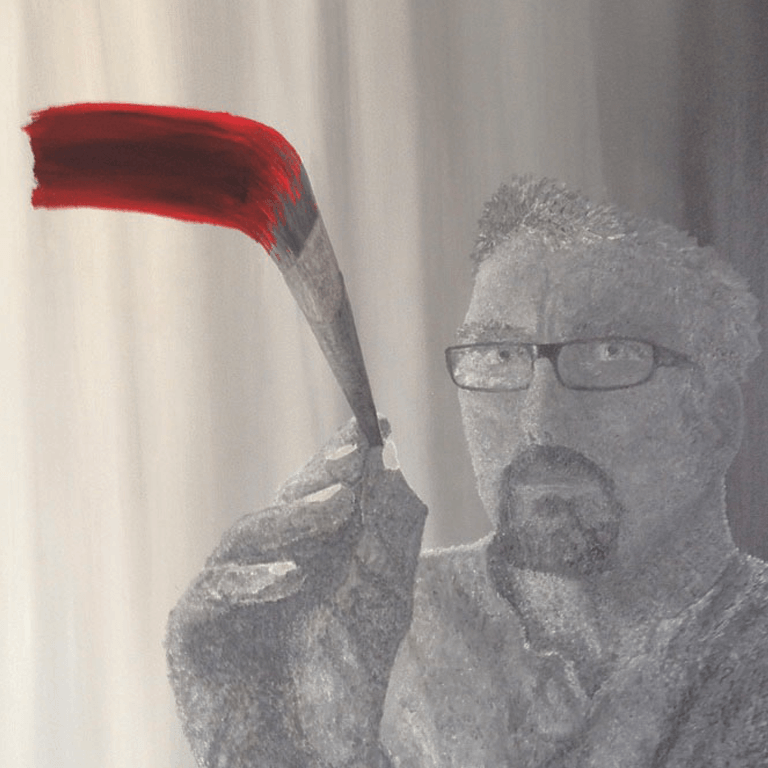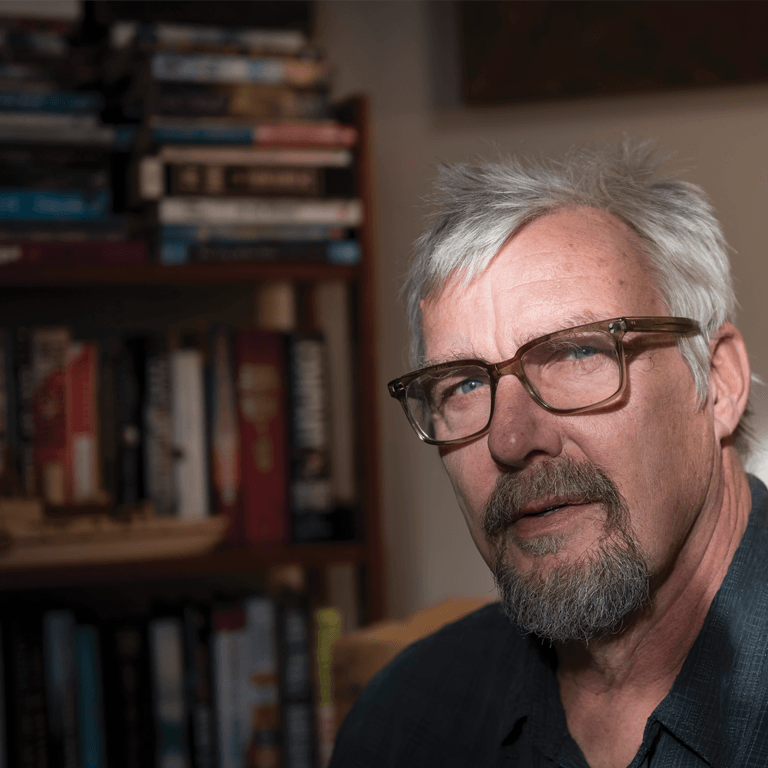Comment On Censorship Submitted To Federal Trade Commission
Censorship in the tech industry, particularly social media, has become a glaring problem in this country. Unfortunately, or fortunately, as many believe, social media platforms have become an integral part of not only expressing ideas, but for the purposes of marketing goods and services. In fact, it would be safe to hazard that absent the use of social media, it has become almost impossible to conduct commerce in the US and elsewhere. Thus, for all intents and purposes, social media have become quasi-public utilities.
In practice, these platforms have employed algorithms to manage the exposure people get on these platforms; some are given wide coverage, while others are throttled, all for a variety of reasons. These include, though are not necessarily confined to, whether users are paying for subscriptions, whether they are "celebrities," or endorsed by these; and, as has been most egregious, for expressing their political and social views and/or levying criticisms at the platforms and/or their owners. Hence, an expression of opinion, if contrary to the chosen narrative of the platform, leads not only to censorship of the author on that basis, but also results in direct curtailment of the author's commercial purposes.
Every one of the social media platforms are guilty of these practices. And, while the Zuckerberg outlets have deservedly gained notoriety for therefore, the propensity of Mr. Musk, vis a vis, X, is no less inclined to these. While Musk and Zuckerberg and the rest will tend to allow some dissent from those with millions of followers, for the lesser popular users, any variance from the dominant narrative or criticism of the platform or its owners invariably leads to isolation. I have experienced this on both Instagram and X, to my economic detriment.
The difference between Musk and Zuckerberg et al, is merely a matter of Musk's propensity for superior public relations and spin. The net effect of their respective algorithmic censorship is exactly the same. Dissent is squelched.
Censorship has always been a bad idea. The expression and/or exchange of ideas are vital to the notion of democracy. That said, there are certainly bad ideas expressed in the public forums represented by social media; however, the suppression of these, rather than allowing them to be openly challenged, will lead to an underground network of the disenfranchised who, absent a forum for self-expression, will, once down the rabbit holes of their beliefs, only emerge, often violently, when their beliefs have festered and demand expression at any cost and in any form.
Of course, the issue of suppressing "bad" ideas also begs the question: who is the arbiter of what constitutes a "bad" idea verses one that is "good." An example of this is found on the left of center social, televised and print media, both here and abroad, which, over the course of the last decade, have managed to brand as "far right" those ideas that were deemed to be moderate twenty years ago. Should truly far right media gain dominance, the same risk will appear - that political moderates will be demonized as "far left."
In addition, as is certainly the case in Europe, but is also gaining popularity among our political and media elites, is the notion that criticism and dissent should be branded as "hate" speech and criminalized. Again, the question abounds as to who gets to determine what speech is allowable. Obviously this will depend on the dominant groups and their respective, preferred narratives.
All of the foregoing requires reactive and proactive redress. First and foremost, transparency in the algorithms utilized by social media platforms ought to be public. These should be re-written, or the governing AI's programmed, to allow only organic growth on social media. Users, who find offense in certain rhetoric or interaction, need merely be given the option to opt out of further contact with the authors thereof, though civil debate ought to be encouraged.
As for criticism of political leaders, tech tycoons and the like, if this must be suppressed, then perhaps there is truth in the criticism that bears investigation. It seems logical, given the importance of social media and tech, in our society, and our dependence thereon, that the "big stick" the government carries, as it tries to invoke change, is that it could readily legislate that these platforms are not merely de facto public utilities, but that they are such as a matter of law and as essential essential public utilities, they may be governed accordingly.



